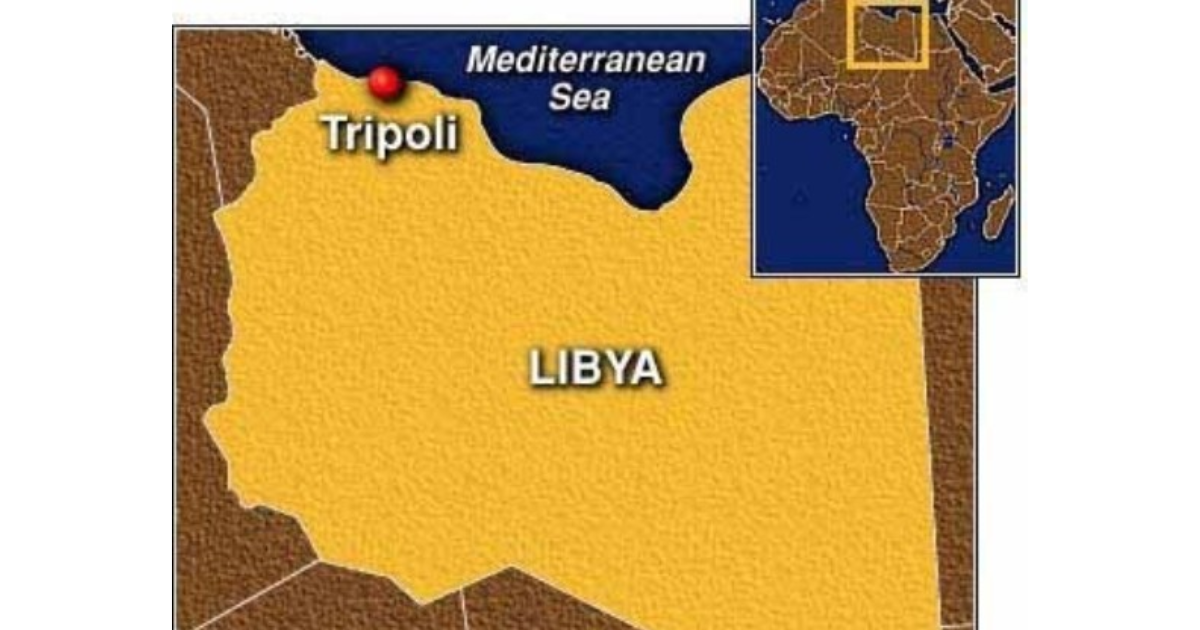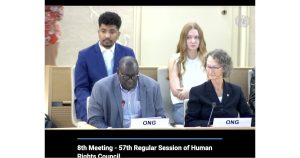Libya’s complex transitional justice process is well under way. A further important step was taken in Tripoli on 24 and 25 April, when representatives of civil society organisations from across Libya, alongside representatives of the Libyan government, and with observers from international organisations including UNSMIL and the EU Delegation to Libya, met under the organisation of No Peace Without Justice to discuss means of supporting Libya’s democratic transition through justice and accountability.
Following a day of training and capacity building on some of the central aspects of transitional justice, and a clear overview of what has already been achieved on this front in Libya, participants agreed to form an informal Steering Committee that will guide and coordinate the programme as it expands in the months ahead.
The Committee’s first objective will be to plan and implement a national consultation that aims to reach out to and engage all Libyans in a conversation about their desires and expectations of a transitional justice process. The consultation will include a number of further regional meetings across the country, as well as other initiatives to involve everyone with a stake in Libya’s ongoing efforts to secure justice for victims and hold perpetrators accountable for their crimes.
The challenges of transitional justice are many and varied, and while Libya may usefully draw on some of the lessons learnt from other societies in transition, every country is unique. One historical constant has, however, been the importance of successfully engaging all of society in the justice process. The formation of this Steering Committee marks an important first step towards securing a stronger connection between the continued development of Libya’s transitional justice process and the many and diverse communities that will be the ultimate judges of its success.
For further information, please contact Michael Gibb, NPWJ Libya Project Coordinator, on mgibb@npwj.org or +218 (0)92 457 3112




